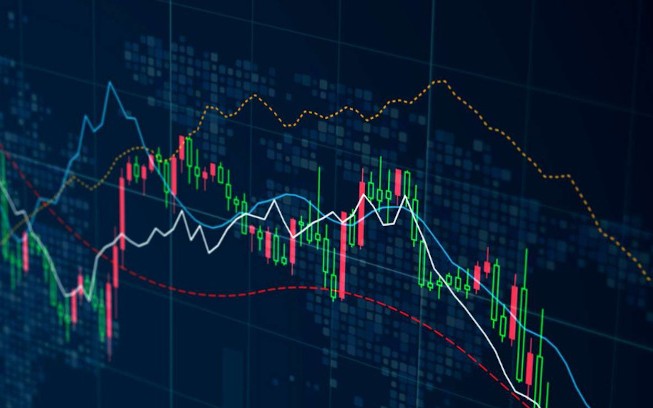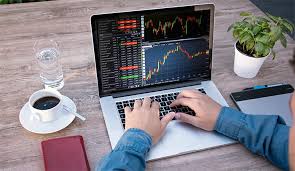
What is Leverage in Forex Trading?
Leverage is a key concept in forex trading that can magnify both your potential profits and losses. It allows traders to control larger positions with a relatively small amount of capital. By using leverage, traders can optimize their trading strategy and enhance their profit potential in the dynamic forex market. If you’re interested in exploring Forex more deeply, consider looking at some of the forex trading what is leverage Trading Brokers in Bangladesh that offer various leverage options.
How Leverage Works
In forex trading, leverage is expressed as a ratio, such as 100:1, meaning that for every dollar you have in your trading account, you can control $100 in the market. This enables traders to take larger positions without needing the full amount required by the market. For instance, if a trader has $1,000 and accesses 100:1 leverage, they can trade up to $100,000 in currency.
To illustrate, suppose a trader wants to buy 1 standard lot of EUR/USD, which equates to 100,000 euros. With a leverage of 100:1, they would only need to deposit 1,000 euros (or approximately $1,100) to enter the trade. This magnification can lead to significant profits, but it also increases risk.
Benefits of Using Leverage

The primary benefit of leveraging in forex trading is the ability to increase the potential return on investment (ROI). Since traders control larger amounts of money, even small movements in the currency pair can result in substantial profits. For example, if the EUR/USD pair moves from 1.1000 to 1.1010, a profit of 100 pips on a standard lot amounts to $1,000. With leverage, this profit level can be achieved with relatively little capital.
Furthermore, leverage allows traders to diversify their portfolios. They can allocate smaller amounts of capital across multiple trades instead of concentrating their investment in a single position. This diversification can lead to improved risk management and the potential for various revenue streams.
Risks Associated with Leverage
Despite the clear advantages, leveraging comes with inherent risks. The same feature that allows for increased profits can also lead to heightened losses. If a trade moves against a trader, their losses can exceed their initial investment. This is particularly critical in the highly volatile forex market, where price movements can be swift and dramatic.
Traders must be aware of the possibility of a margin call. If the equity in a trading account falls below a certain threshold due to trading losses, the broker can require additional funds to maintain open positions or close them automatically to limit losses. This emphasizes the need for proper risk management strategies.
Choosing the Right Leverage Ratio

Selecting the appropriate leverage ratio is crucial for any forex trader. Generally, high leverage ratios (e.g., 500:1 or above) are tempting but can expose traders to significant risk. New traders or those with less experience may opt for lower leverage (e.g., 10:1 or 20:1) to allow for a more manageable approach to trading.
Additionally, different brokers may offer varying leverage ratios based on regulatory guidelines and each broker’s policies. It’s essential for traders to evaluate their risk tolerance and trading strategies when choosing a broker and reviewing their leverage options.
Strategies for Managing Leverage Effectively
Successful forex traders integrate leverage into their strategies while managing associated risks. Here are some key strategies:
- Risk Management: Always use stop-loss orders to protect your capital. Define the maximum loss you are willing to accept on each trade, and set your stop-loss level accordingly.
- Position Sizing: Determine the size of your positions based on the leverage you are using and your total account balance. A common rule is to risk no more than 1-2% of your capital on a single trade.
- Gradual Approach: New traders should start with lower leverage and gradually increase it as they gain experience and confidence.
- Continuous Learning: Stay updated on market trends and educate yourself on effective trading strategies that can help you use leverage safely.
Conclusion
In conclusion, leverage is a powerful tool in forex trading that has the potential to either amplify your investments or magnify your risks, depending on how it is used. Understanding how leverage works, its benefits, and its risks is crucial for any trader wanting to participate in this fast-paced and volatile market. By implementing effective risk management strategies and choosing an appropriate leverage ratio, traders can navigate the forex landscape successfully while maximizing their profit potential.




